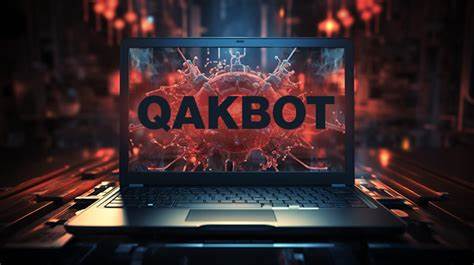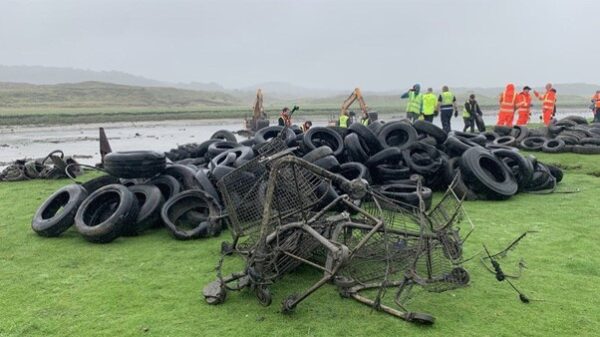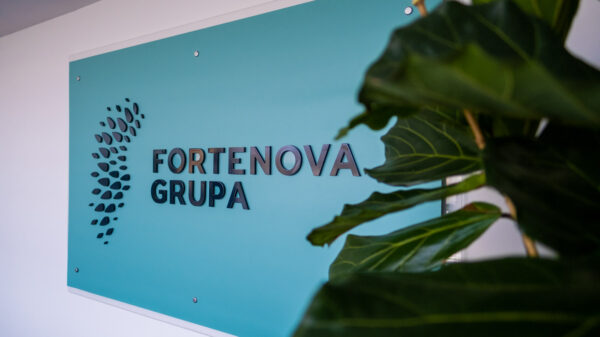The revenue from Russian assets frozen by European Union sanctions will be used by the EU to aid Ukraine from next year, if a deal thrashed out by member states’s ambassadors is ratified by Foreign Ministers next week. It’s worth between €2.5 billion and €3 billion a year and represents a major concession by Belgium, where most of the money is held, writes Political Editor Nick Powell.
It undoubtedly helped that Belgium currently holds the EU presidency and is that bit more sensitive about criticism of how it’s been handling the majority of Russian assets frozen by EU sanctions. They’re held by the Brussels based securities clearance provider Euroclear.
Until now the revenue has been subject to a 25% tax by the Belgian government, which has argued that it’s spent the money on sending weapons and other aid to Ukraine. But Belgium has faced complaints from other EU member states that the same money is counted as part of its contribution to European support for Ukraine.
Euroclear’s 1% fee will be cut to 0.3% but integrating EU aid to Ukraine is no small task, given the different perspectives of various member states. The agreement ‘in principle’ reached by ambassadors had to address the sensitivities of the militarily neutral countries of Austria, Ireland, Malta and Cyprus. 90% of the money will be spent on weapons but 10% on non-military help.
“The money will serve to support Ukraine’s recovery and military defence in the context of the Russian aggression”, the Belgian EU presidency announced. Commission President Ursula von der Leyen enthused that “there could be no stronger symbol and no greater use for that money than to make Ukraine and all of Europe a safer place to live”.
Trade Commissioner Valdis Dombrovskis €1 billion would be funding aid to Ukraine in the next few months. “Russia will pay directly for its crimes”, he said. However, the deal concerns only the revenue generated by the frozen assets, which are estimated to be worth over €200 billion.
The legality in international law of seizing the assets or even the revenue that they generate remains problematic for European banks, which want to maintain their reputation as a safe place to deposit money. The Kremlin has already said that seizing the interest made on frozen Russian assets is a move towards the “destruction of the legal foundations of European law and international law”.












































